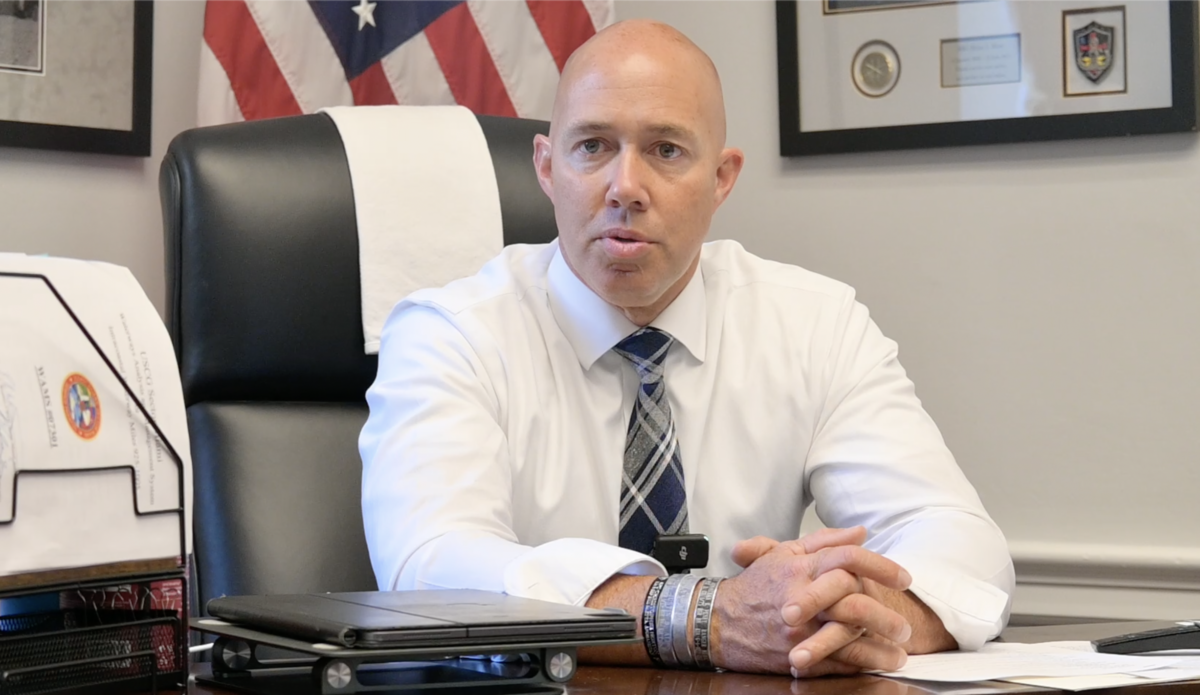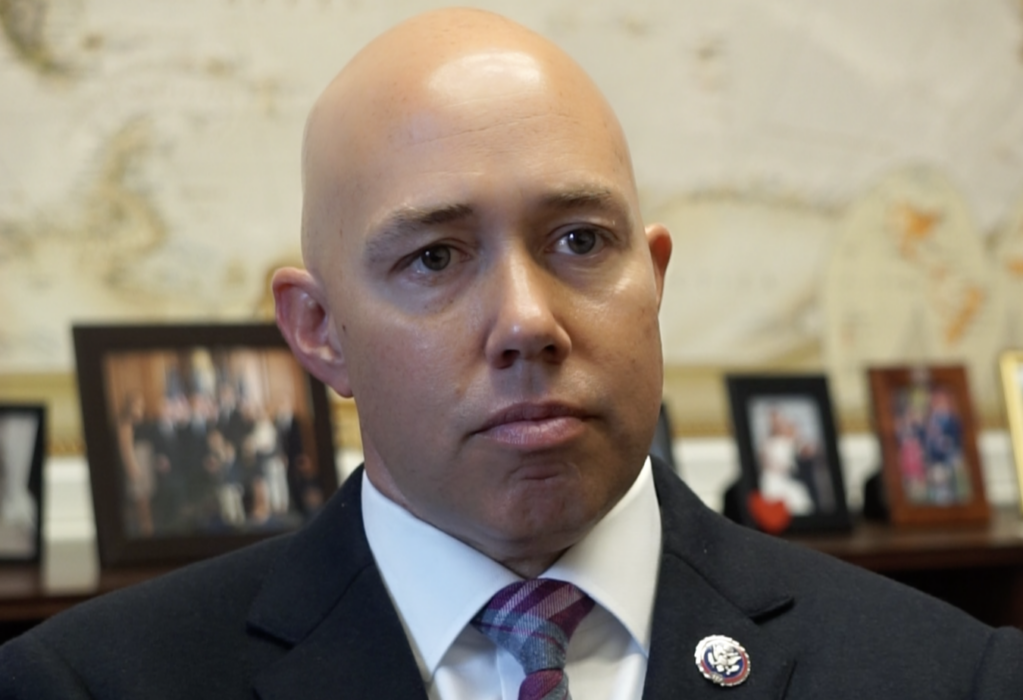Congressman Brian Mast (R-FL) is celebrating the passage of the Choice in Automobile Retail Sales (CARS) Act in the House of Representatives.
After the Environmental Protection Agency (EPA) released new standards that would make electric cars the only viable option, the CARS Act would nullify the EPA’s new standards.
Rep. Mast reminded Americans that command economies would be a “disaster” for the United States or any nation that employs them.
“Command economies don’t work. Take a look at Cuba, or North Korea, or the former Soviet Union. When the government dictates how the economy works, it spells disaster for their citizens,” began Rep. Mast on his congressional blog.
He continued by mentioning President Joe Biden (D) and his administration have “failed to learn” about the history of command economies.
But apparently, that’s a lesson the Biden Administration has failed to learn because they are still bound and determined to force consumers into purchases they don’t want to make. The latest example is electric vehicles (EVs),” said Mast. “Back in April, the Environmental Protection Agency (EPA) proposed new rules to significantly increase tailpipe emissions standards for gas-powered cars. The rules essentially set standards so high that no combustion engine could meet them, meaning that EVs would be the only option for 92 percent of American households who need a car.”
Despite voting for the CARS Act, the Florida congressman said that he is not against electric vehicles, but with 99% of Americans relying on a gas-powered car (according to his press release) and the average price of an electric car being $17,000 more, banning gas-powered cars is not feasible for the economy.
“It’s tough to worry about emissions if you can’t afford to drive to work. Protecting the environment is an important goal, but it has to be done in a responsible way that doesn’t saddle families with payments they can’t afford,” said Mast.
In his conclusion, Mast said, “I’ll continue to stand up for individual liberties because Americans know what’s best for them, and they certainly don’t need the federal government acting as a backseat driver in all of their decisions.”
The bill will face a very slim Republican majority in the House and a Democrat-controlled Senate.










